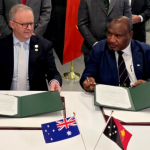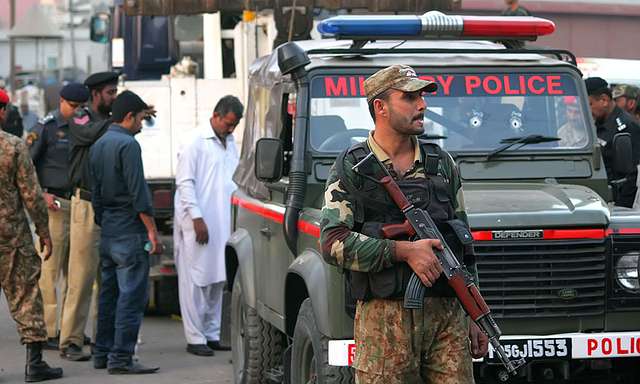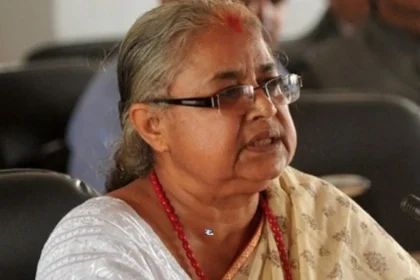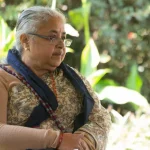Mass Convictions in Anti‑Terrorism Court
On July 31, 2025, an anti‑terrorism court in Faisalabad sentenced 108 members of Pakistan Tehreek-e-Insaf (PTI)—Imran Khan’s party—to prison terms ranging from 10 years for senior leaders to 1–3 years for other activists. Charges relate to their roles in the May 9, 2023 riots, during which PTI supporters attacked military sites following Khan’s arrest.
Leading Figures Among the Convicted
Senior PTI leaders convicted include Omar Ayub Khan, then opposition leader in the National Assembly, and Shibli Faraz, leader in the Senate. Among the 108, 58 individuals received 10-year terms, while others received shorter sentences. Six sitting lawmakers were disqualified from parliament.
Allegations Fuel Political Polarisation
The convicted face charges of inciting violence, arson, and coordinating attacks on military installations and government properties on May 9. Defense attorneys and PTI officials rejected the verdicts as politically motivated—pointing to the use of executive-backed courts and claiming erosion of judicial independence. PTI Chair Gohar Ali Khan vowed appeals and hinted at further protests on August 5, marking two years since Imran Khan’s imprisonment.
Crackdown Follows PTI’s Rise in 2024 Election
Despite winning the largest number of seats in February 2024 elections, PTI was prevented from forming government due to interference from the military establishment. Analysts argue the mass sentencing consolidates control by army chief Asim Munir, who is also facing criticism for presiding over electoral manipulation and political repression.
Legal Battles and Broader Repression
PTI supporters have long charged that protests—even peaceful ones—triggered the authorities’ use of broad anti-terrorism powers, arbitrary arrests, forced disappearances, and intimidation. Many leaders resigned from the party under duress, had businesses sealed, or were subjected to surveillance. Civil society groups raised serious human rights concerns about the fairness of court proceedings and the denial of due process.
Political and International Fallout
The rulings virtually hollowed out PTI’s parliamentary presence and challenged democratic opposition in Pakistan. Critics warn the verdicts reflect an ongoing erosion of political pluralism amid tightened military dominance. Meanwhile, ties with Western allies—particularly the U.S.—remain complicated: while Washington seeks energy and trade cooperation, human rights observers warn these verdicts undercut democratic norms.
What’s Next
- PTI plans to challenge the verdicts in high courts, even as protests are suppressed.
- The disqualification of lawmakers further weakens PTI’s legislative influence.
- With Imran Khan facing 150+ cases himself in separate trials, the party’s leadership remains in jeopardy.
- Broader legal reforms or political reconciliation remain uncertain amid rising domestic authoritarianism.
Final Take
The sentencing of 108 PTI officials represents one of Pakistan’s most sweeping crackdown on political opposition in recent memory. While the judiciary frames it as lawful enforcement, PTI and rights defenders describe it as targeted suppression. Either way, the verdicts mark a critical turning point in Pakistan’s political landscape and raise pressing questions about the future of democracy in the country.










